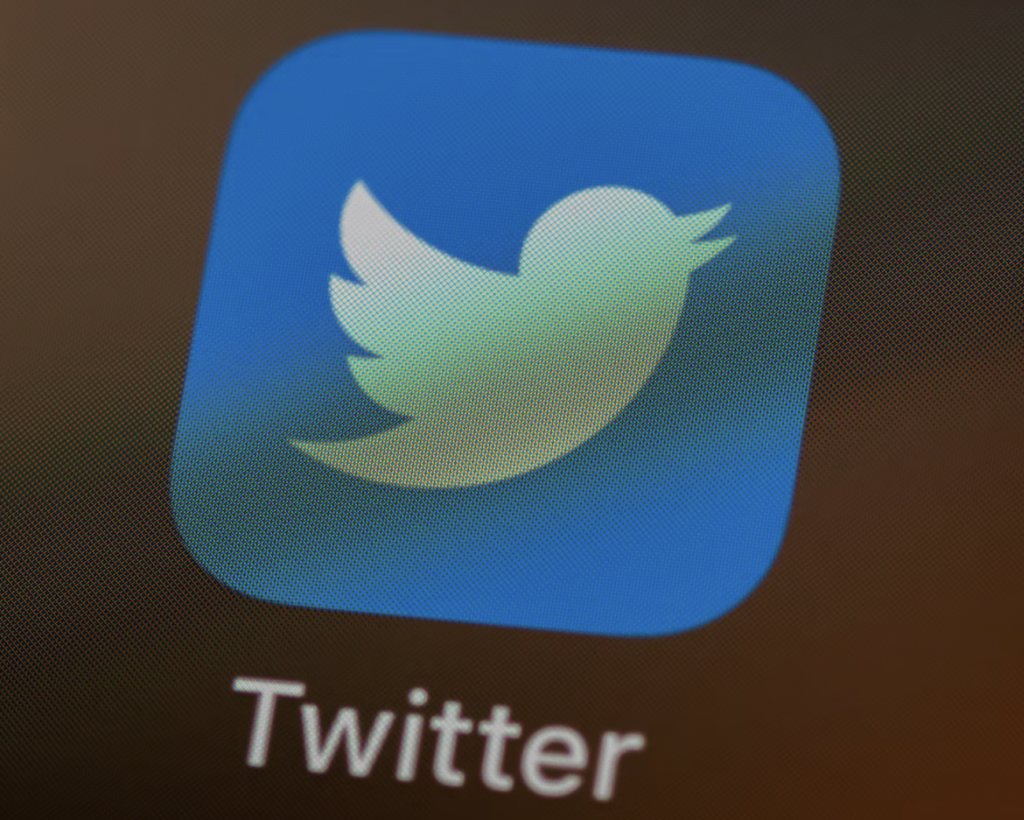Twitter Bans Numerous Top Journalists From The Platform
This article is more than 2 years old

Twitter continues to experience growing pains under its new ownership. Self-described “free speech absolutist” Elon Musk has made many controversial decisions since his takeover of the company in October, but none perhaps more impactful than his recent banning of several prominent journalists. His decision to shut down these accounts is calling into question whether he truly believes in his spoken support of free speech.
The journalists banned on Thursday were listed in an article by CNN Business and included CNN’s Donie O’Sullivan. Other prominent names were The Washington Post’s Drew Harwell, The New York Times’ Ryan Mac, and progressive independent journalist Aaron Rupar. Neither Twitter nor Musk provided a formal explanation for the bans and neither answered CNN’s request for comment.
However, Twitter provided a clue to the motive behind the bans via a series of sporadic tweets and Twitter Spaces in which Musk claimed to have been doxxed. For those unfamiliar with the term, doxxing means to publicly identify or publish private information about someone, especially as a means of punishment or revenge.
Musk said these journalists had violated Twitter’s new anti-doxxing policy by sharing his “exact real-time” location. Although other journalists who looked into the matter could not find evidence of these particular journalists sharing Musk’s precise location, he insisted it happened. Musk even said it was akin to providing “assassination coordinates.”
Prior to his suspension, O’Sullivan tweeted that Twitter had suspended the social media service Mastodon for allowing continual updates from @ElonJet. This account posts updated alerts on the location of Musk’s private jet, but flight data is public information that’s easily accessible online. The other banned reporters had recently tweeted similar content.
Musk has repeatedly called Twitter a digital town square where everyone’s voice is valid. He stated a commitment to allowing all legal speech on his Twitter 2.0, even saying, “I hope that even my worst critics remain on Twitter, because that is what free speech means.” These bans have critics doubting Musk’s actual commitment to free speech.
A CNN spokesperson explained that the company planned to reevaluate its relationship with Twitter depending on Musk’s response to their request for a formal explanation behind the bans. “The impulsive and unjustified suspension of a number of reporters, including CNN’s Donie O’Sullivan, is concerning but not surprising. Twitter’s increasing instability and volatility should be of incredible concern for everyone who uses Twitter,” the spokesperson said.
The New York Times, Harwell, and Rupar all made similar comments that they had heard nothing from Twitter explaining their suspensions. The head of the American Civil Liberties Union said, “It’s impossible to square Twitter’s free speech aspirations with the purging of critical journalists’ accounts.” And the Society of Professional Journalists expressed concern over the suspensions, saying that the decision potentially affects all journalists.
Previously, there were no location-sharing restrictions on Twitter. Now, the @ElonJet account has been permanently suspended due to Twitter’s new set of policies for accounts that provide real-time live locations of specific people. The platform has also blocked any account that links to such information.
Musk recently restored several accounts that had been banned under the old Twitter leadership—including the account of former President Donald Trump. He also lifted the previous policies that prohibited sharing of what some deemed Covid-19 misinformation. These and other controversial moves coupled with the recent journalists’ bans have resulted in open questioning of Musk’s ability to successfully manage the massive social media platform.





